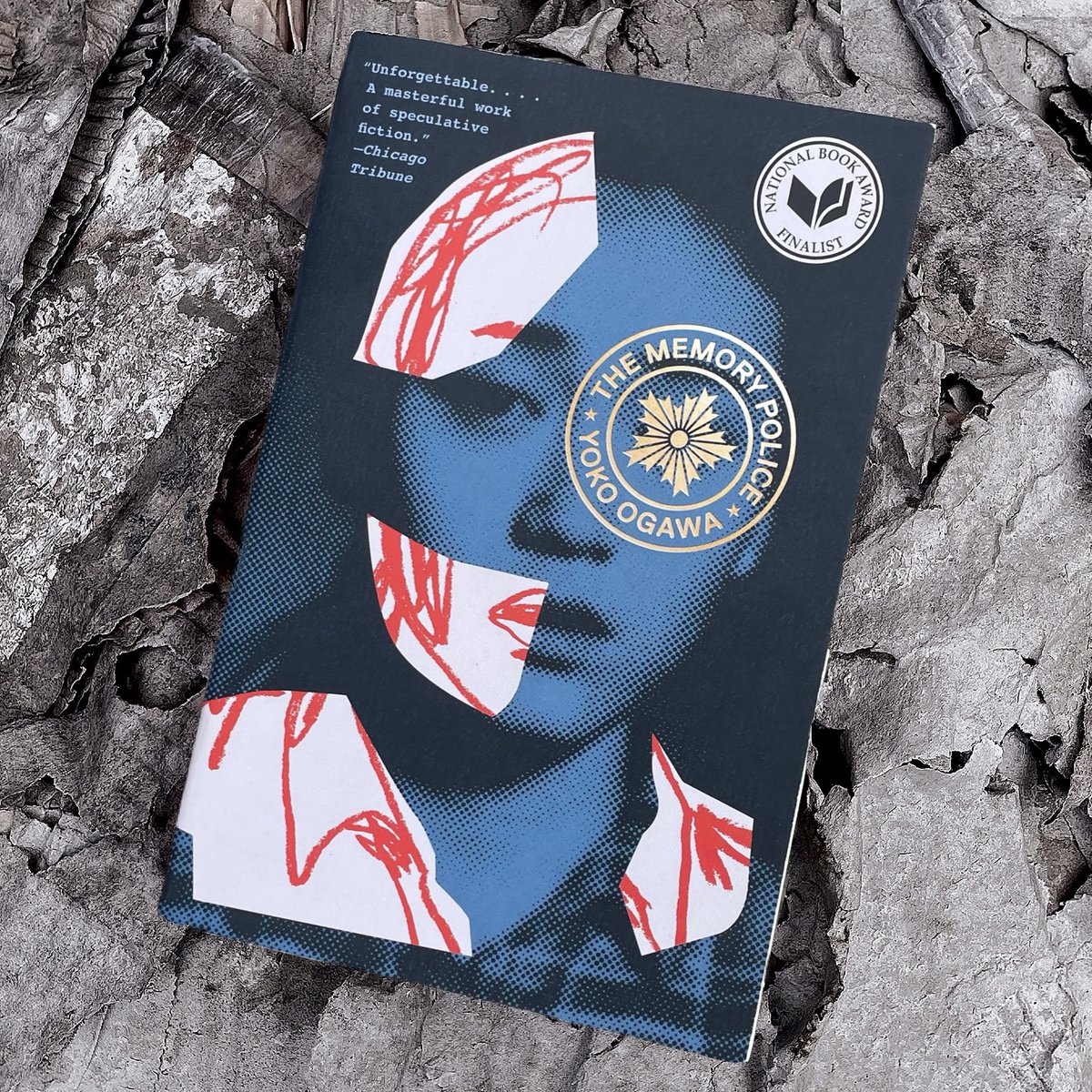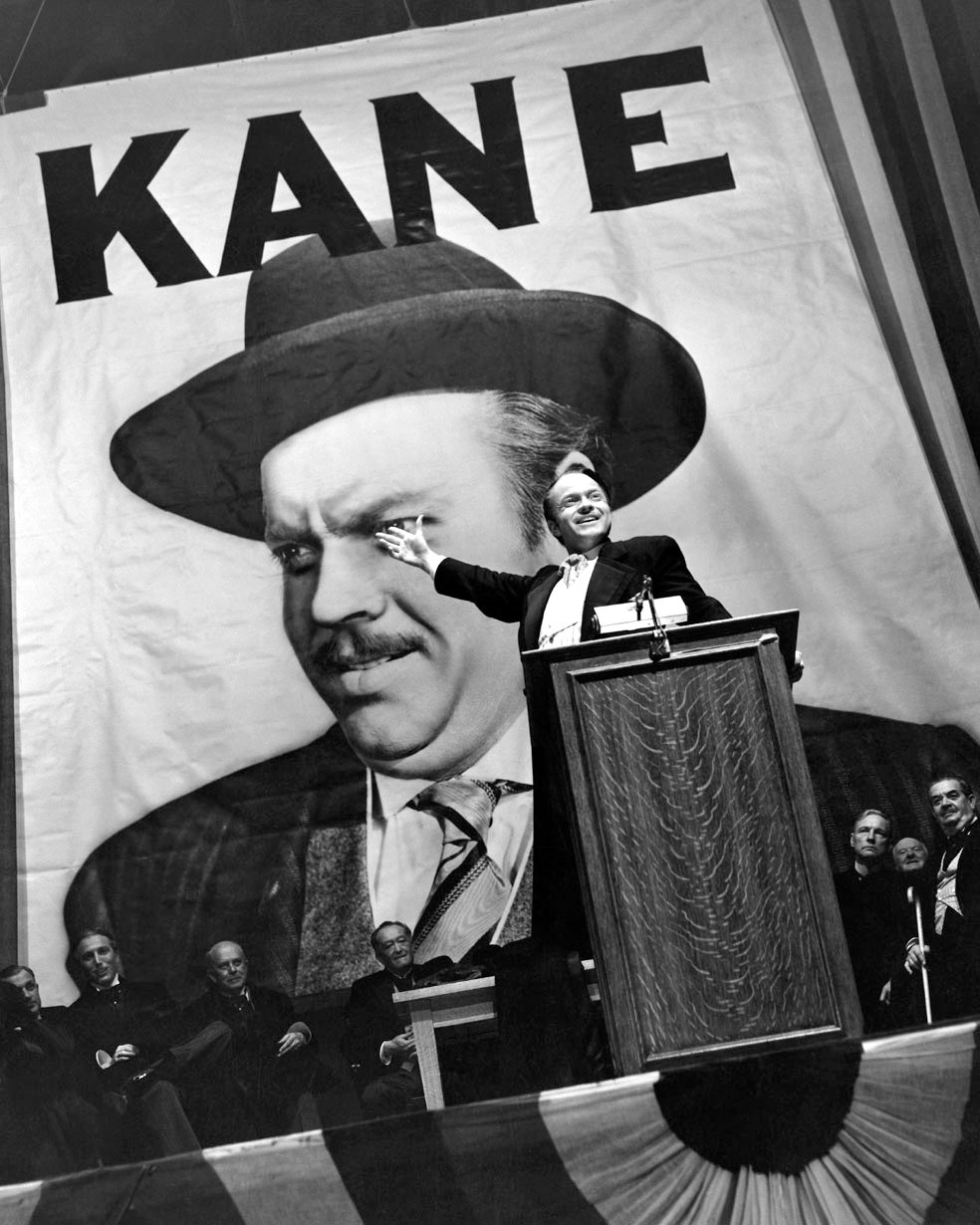Yōko Ogawa's The Memory Police is a book you won't forget

“That was but a prelude. Where they burn books, they will ultimately burn people as well.” This quote by German writer Heinrich Heine perfectly encapsulates one of the core themes of Yōko Ogawa’s The Memory Police: you can't keep taking away the things people hold dear without eventually stripping away the people themselves.
While not a new book in its own right, The Memory Police was translated to English in 2019 by Stephen Snyder. The novel is set on an island where items are habitually “disappeared.” Once the inhabitants can no longer remember the history, function, or even name of a certain object, they destroy it in a ritualistic spectacle of neighborly solidarity. Failure to rid oneself of the banned items means incurring the wrath of the Memory Police and the unknown fate that they have in store for non-conformers. The main character is a writer who, after discovering that her editor is in danger of being taken by the Memory Police, develops a plan to hide him in her house. By keeping her editor sequestered, has the main character effectively disappeared him from the world, along with items like ribbons, emeralds, and hats? Or is she, herself, the one who will be lost?
Something different that Ogawa does with this book is make the main character absolutely ordinary. She is not the “chosen one” or special in any way that would make you pick her out of a crowd. And yet, she is the focus of all 274 pages. Our main character is the way she is because the author deemed her so, nothing more. I think this detail adds an underlying element of realism to Ogawa’s work, for the average person is just that: average. But that’s not to say there isn’t a novel ready to be written about your trials and tribulations.
Despite what may seem like a standard dystopian social-science fiction novel, this book kept me guessing. I was startled by each disappearance, not quite believing the next item to go. The way the author described each disappearance is so acute that I could imagine waking up and not remembering what a bird was. Ogawa takes a plot that seems incomprehensible and amazingly illustrates every aspect of its experience.
One of the best aspects of this book is the way that it changes points of view from the main character to the reciting book that she is in the middle of writing. I felt like I was following along with the main character as the events of her daily life affected the outcome of her new novel. Additionally, the motifs featured in her work relate to the bigger pictures that Ogawa is trying to paint with The Memory Police.
The only thing I truly disliked about this novel was the fact that I couldn’t read it fast enough. I blew through it in two days, for the perfect execution of the premise had me hooked from the beginning.
Fahrenheit 451 by Ray Bradbury, Don Quixote by Miguel de Cervantes, Journey to the Center of the Earth by Jules Verne, and now The Memory Police by Yōko Ogawa—the lessons may not be new, but the message is just as important: limiting knowledge will only damage society.
The Memory Police by Yōko Ogawa is available at Market Block Books in downtown Troy or via interlibrary loan at RPI’s Folsom Library.

 Editorial Notebook
Editorial Notebook
 Editorial Notebook
Editorial Notebook
 Editorial Notebook
Editorial Notebook